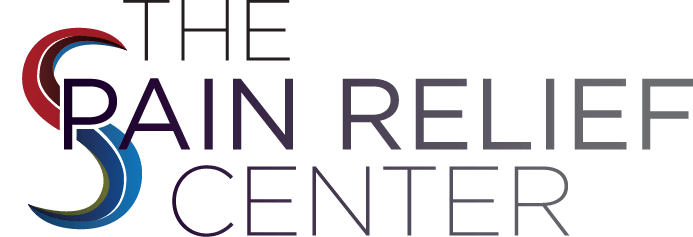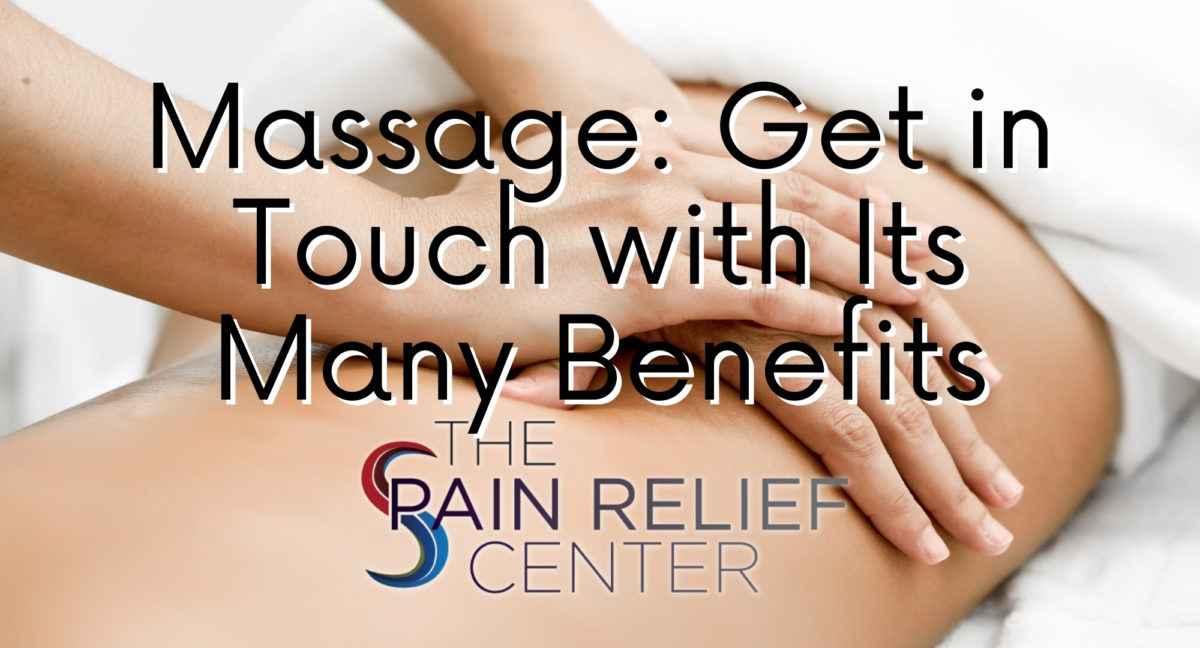Get in touch
Massages are no longer available only through luxury spas and upscale health clubs. Today, massage therapy is offered in businesses, clinics, hospitals and even airports. If you’ve never tried massage, learn about its possible health benefits and what to expect during a massage therapy session.
What is a massage?
Massage is a general term for pressing, rubbing and manipulating your skin, muscles, tendons and ligaments. Massages may range from light stroking to deep pressure. There are many different types of massage, including these common types:
- Swedish massage. This is a gentle form of massage that uses long strokes, kneading, deep circular movements, vibration and tapping to help relax and energize you.
- Deep massage. This massage technique uses slower, more-forceful strokes to target the deeper layers of muscle and connective tissue, commonly to help with muscle damage from injuries.
- Sports massage. This is similar to Swedish massage, but it’s geared toward people involved in sport activities to help prevent or treat injuries.
- Trigger point massage. This massage focuses on areas of tight muscle fibers that can form in your muscles after injuries or overuse.
Benefits of a massage
- Reduce blood pressure. Massage is a natural way to relieve stress,
headaches and blood pressure levels. When done consistently, massage is known to lower diastolic and systolic blood pressure, decrease stress-hormone levels, and lessen the sources for anxiety, depression and hostility. Lowered blood pressure means you’ll be decreasing the chance of a heart attack, stroke and kidney failure. All good things! - Boost immune system. When you’re stressed, you generally lack sleep and fall into a pattern of bad nutrition. Therefore, your immune system is weakened and it’s easier for you to get sick. Studies have shown that regular massage can increase the immune system’s “killer cells” and lower the number of T-cells. This leads to a better functioning immune system and a more powerful (less sick) you!
- Aid in muscle recovery. You probably already knew that massage is a natural way to relieve muscle tension and pain. However, research has shown that massage can actually trigger biochemical sensors that send inflammation-reducing signals to muscle cells. In other words, massage can literally help your muscles heal faster. Even just a 10-minute massage can go a long way.
- Breathe deeper. A common trait of anxiety is tightened breathing. Stress can cause the muscles around the rib cage and abdomen to tighten – and it’s hard to relax when you feel like you can’t take a big, full-bellied breath. Since massage helps the body learn how to relax, breathing can naturally become easier and deeper. Sidebar: enhanced breathing will promote a more effective workout routine. You can go longer and harder!
Risks of massages
Most people can benefit from massage. However, massage therapy may not be appropriate if you have:
- Bleeding disorders or take blood-thinning medication
- Burns or healing wounds
- Deep vein thrombosis
- Fractures
- Severe osteoporosis
- Severe thrombocytopenia
Discuss the pros and cons of massage with your doctor, especially if you are pregnant or you have cancer or unexplained pain.
Some forms of massage can leave you feeling a bit sore the next day. But massage shouldn’t ordinarily be painful or uncomfortable. If any part of your massage doesn’t feel right or is painful, speak up right away. Most serious problems come from too much pressure during massage.
Finding a massage therapist
Ask your doctor or someone else you trust for a recommendation. Most states regulate massage therapists through licensing, registration or certification requirements.
Don’t be afraid to ask a potential massage therapist such questions as:
- Are you licensed, certified or registered?
- What is your training and experience?
- How many massage therapy sessions do you think I’ll need?
- What’s the cost, and is it covered by health insurance?
The take-home message about massage
Brush aside any thoughts that massage is only a feel-good way to indulge or pamper yourself. To the contrary, massage can be a powerful tool to help you take charge of your health and well being, whether you have a specific health condition or are just looking for another stress reliever. You can even learn how to do self-massage or how to engage in massage with a partner at home.


